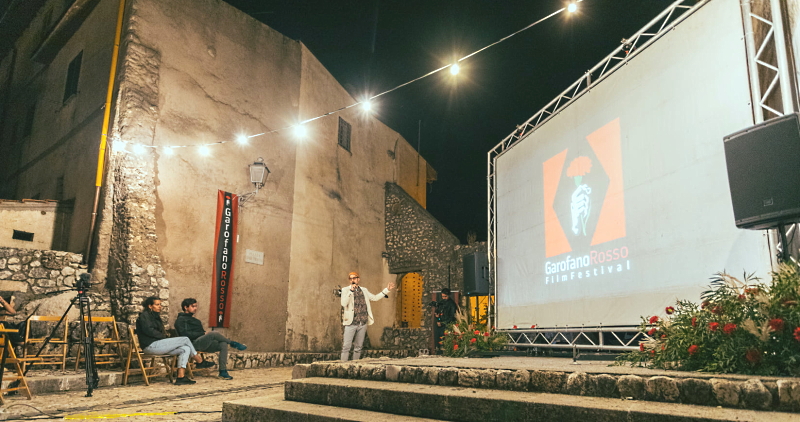Not only the Venice Film Festival, Garofano Rosso kicks off: “This is how cinema talks about marginalization and rights”
Lorena Borghese
Marginality, gender equality, human rights, anti-discrimination and attention to disability. The third “Garofano Rosso Film Festival” starts from 4 to 10 September in Forma di Massa d’Alba, an eighteenth century village in the province of L’Aquila, under the artistic direction of director and producer Paolo Santamaria. which also boasts musical collaborations with bands like Lo Stato Sociale and Ex-Otago. The review, sponsored by the European Parliament for the second year in a row, was prepared by The Factory in collaboration with the Gran Sasso d’Italia Chamber of Commerce and the Carispaq Foundation. “The festival was born from reflections on the world of recent years, a veil of fear lowered on the freedom of everyone, a wall that becomes real. – Santamaria explains – Here, then, you no longer need to run, but simply open a passage in this fence. A free public event of a predominantly educational and promotional nature, which is the driving force of culture within and between cultures.
The 83 works arrived in the heart of the Abruzzo Apennines, at the foot of Monte Velino, in a place that was already the natural setting for such cinematic masterpieces as John Huston’s Bible and Valerio Zurlini’s Tartar Desert. to create a mosaic of unique looks. The entries of the eight competition sections will be judged by a high-quality, all-female jury chaired by actress Marta Bulgherini, which will include producers Francesca Andriani and Gendalina Folador, editor and director Elisabetta Abrami, and author Veronica Cirra. Every day, Piazza Luigi Libertini hosts screenings and talks on “Woman, Life, Freedom: Bold Stories of Emancipation and Activism in Iran” with Riccardo Nuri, Amnesty International Representative in Italy, and Parisa Nazari, Intercultural Mediator among the founders of Women’s Life, Freedom , the Italian community.
Then the exhibition of Eugenia Dzhurko “The Expression of Pain”, a performance by Wuskiche, a circular fashion made in Abruzzo, signed by Diane Eugenie Le Quesne, film tours of the film sets and, from September 11, the permanent film residency CinemaAbruzzo Campus based on a rich educational program on environmental production, designed for young filmmakers under 35 who will be able to learn filmmaking techniques on site.

